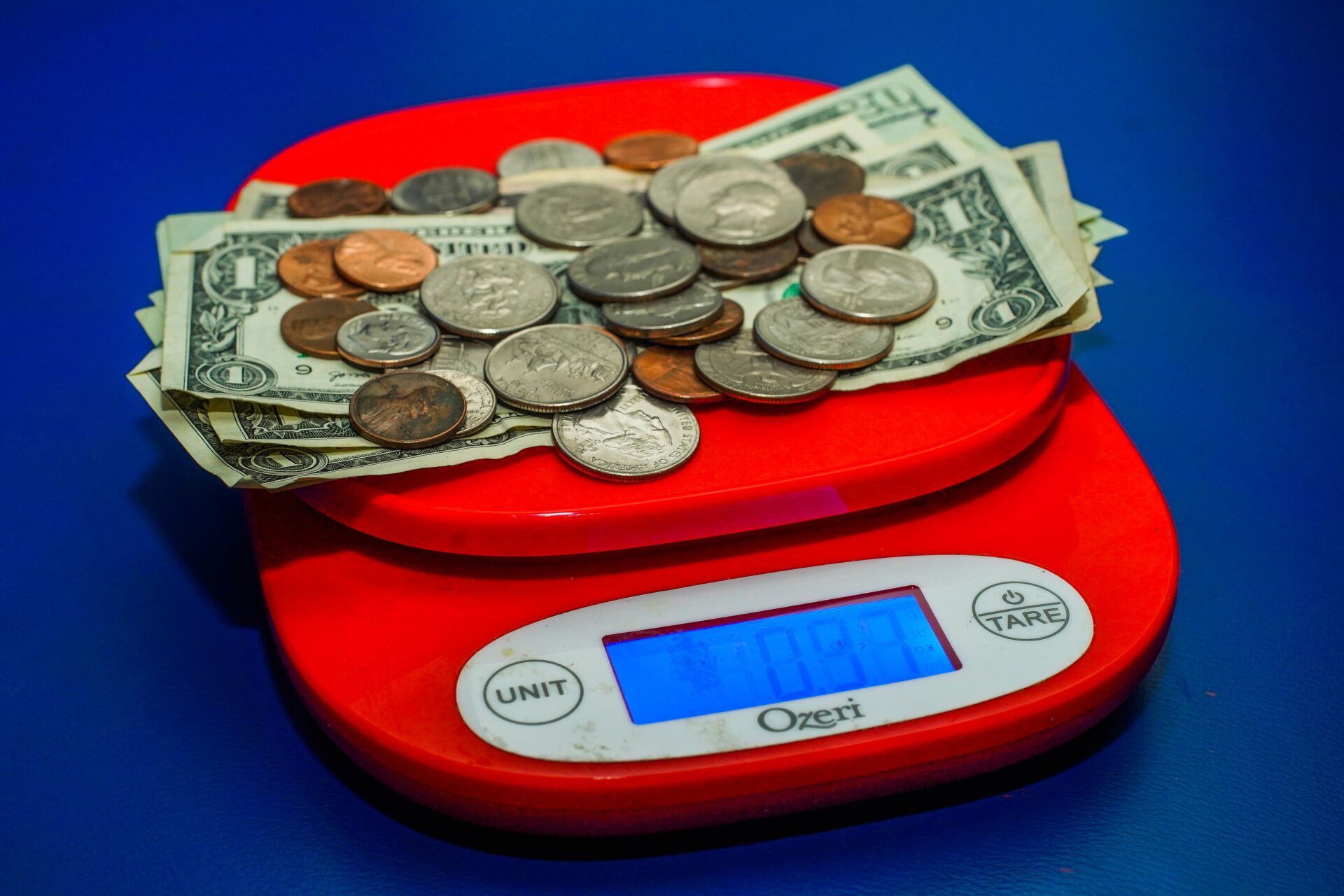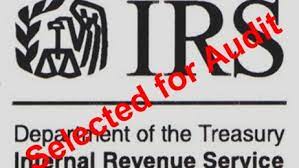Millions more people without children are now eligible for a tax credit that could save them thousands
Before this year’s round of changes, the EITC was only available to people without dependents between the ages of 25 and 64

- The Earned Income Tax Credit is now available to people who are at least 19 years old.
- Depending on one's income and number of children, filers can save up to $6,935.
- The EITC is a rare break for low-income childless adults, who are often shut out of assistance programs.
Millions of additional low and middle-income people will be holding onto more cash this year, as long as they remember to fill out the right form come tax season.
The Internal Revenue Service (IRS) expanded the criteria to qualify for the Earned Income Tax Credit (EITC) last week, giving a permanent green light to those who are at least 19 years of age without children, as well as 18-year-olds recently out of foster care or facing homelessness.
Before this year's round of changes, the EITC was only available to parents, childless people between the ages of 25 and 64, and older and younger Americans with dependents.
The IRS change reflects the federal government's ongoing expansions of the EITC to help more Americans struggling financially during the pandemic, with President Joe Biden changing it last year under the American Rescue Plan Act, granting temporary eligibility to all filers over 18 without kids, a change that's now permanent. People filing for an EITC can claim up to nearly $7,000 in credits.
https://www.businessinsider.com/childless-adults-earned-income-tax-credit-eitc-eligible-arp-2022-1
https://www.AngularFinancial.com 602-456-0427
#incometaxpreparation #TaxRefund #Incometaxrefund #Angularfinancial









